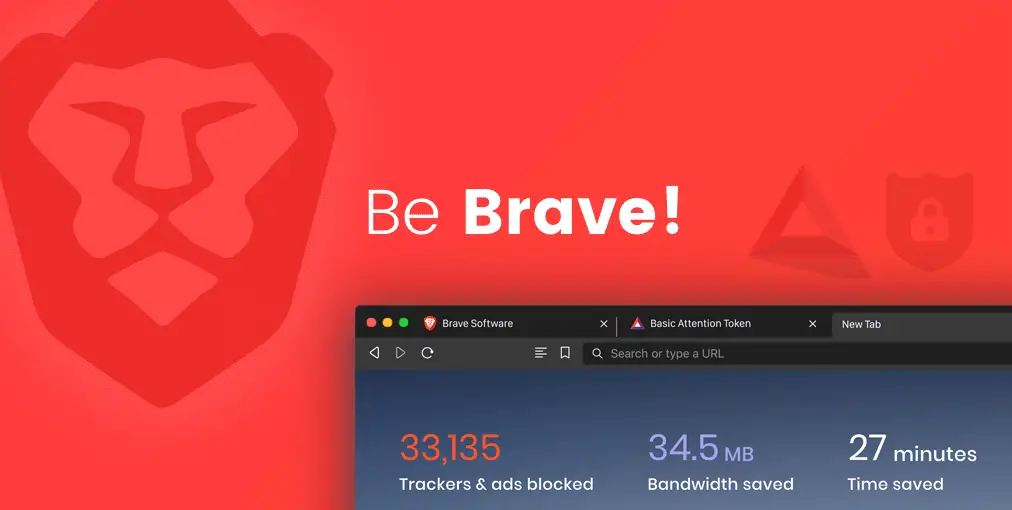
The European Union (EU) has hit Apple with a hefty €1.8 billion fine (roughly USD $1.9 billion) for violating antitrust laws in the ongoing saga with music streaming service Spotify. This move marks the first time the EU has fined Apple and signifies a significant development in the battle for fair competition in the app market.
The Accusation: Apple’s “Anti-Steering” Provisions
The heart of the case revolves around Apple’s App Store guidelines that restrict app developers from informing users about alternative subscription options outside the App Store. These “anti-steering” provisions essentially prevent music streaming services like Spotify from directly advertising their cheaper subscription plans available on their own websites or through other platforms.
In essence, the EU argues that these restrictions harm consumers by limiting their knowledge of potentially cheaper options and hindering competition in the market. This practice, according to the EU, goes against their fair trade regulations.
Apple’s Response and the Road Ahead
Apple has vowed to appeal the decision, claiming the EU “misunderstands how app stores work” and that their policies aim to “protect consumers and ensure a safe and trusted experience.”
The €1.8 billion fine represents 0.5% of Apple’s worldwide turnover, highlighting the potential financial impact of antitrust violations. Additionally, the EU has ordered Apple to remove the anti-steering provisions from its App Store guidelines and refrain from such practices in the future.
What This Means for Consumers and the Tech Industry
This case sets a crucial precedent for app store regulations and fair competition in the digital market. It could potentially trigger a domino effect, encouraging other regions and regulators to scrutinize app store policies and advocate for a more level playing field.
For consumers, this ruling could lead to more transparency and potential cost savings when subscribing to services through app stores. However, it’s important to note that the legal battle is far from over, and the final outcome will depend on the appeals process.
This development undoubtedly adds a new chapter to the ongoing debate regarding tech giants and their practices in the digital sphere. It remains to be seen how Apple’s appeal unfolds and what long-term impact this decision will have on the tech industry and consumers worldwide.

